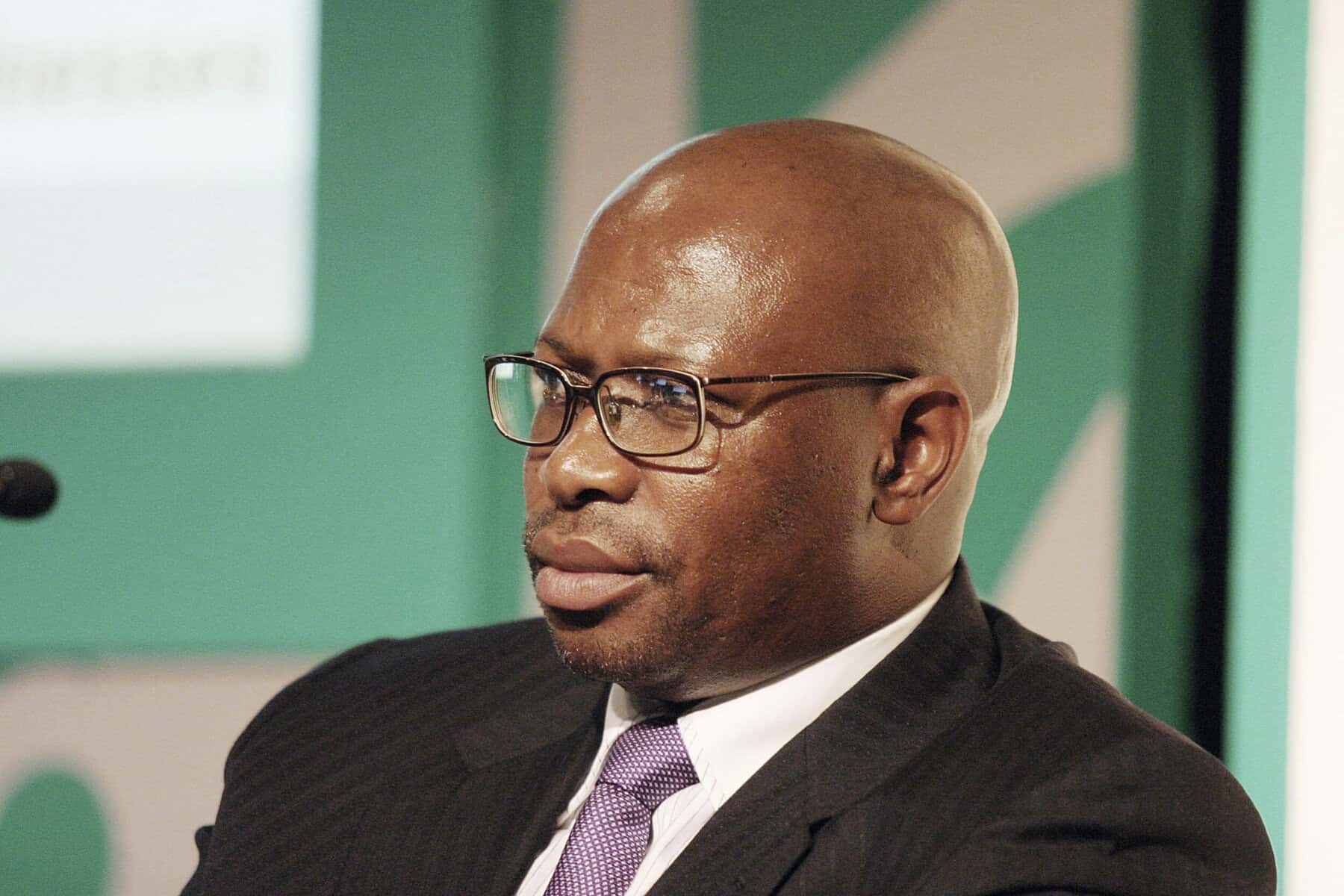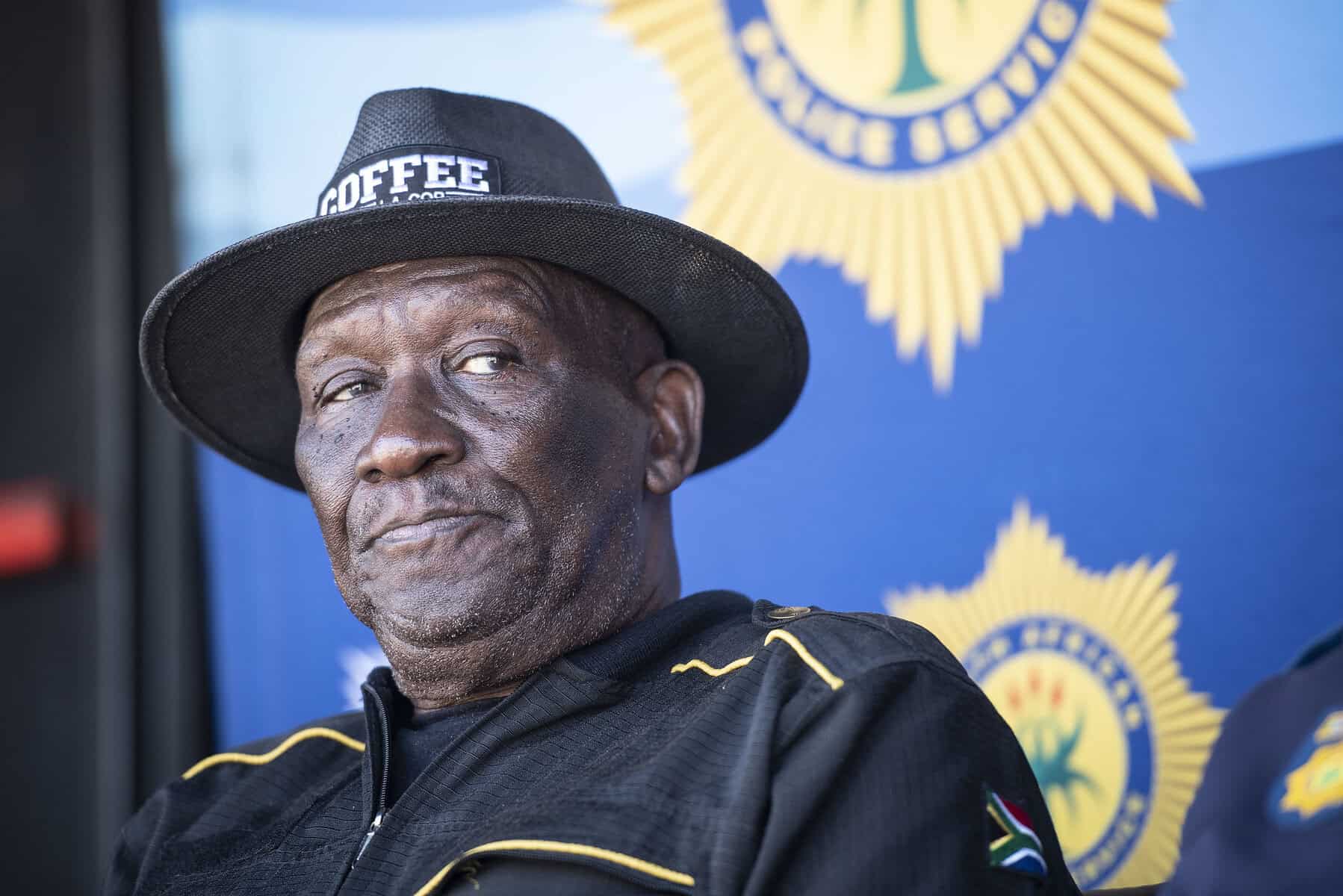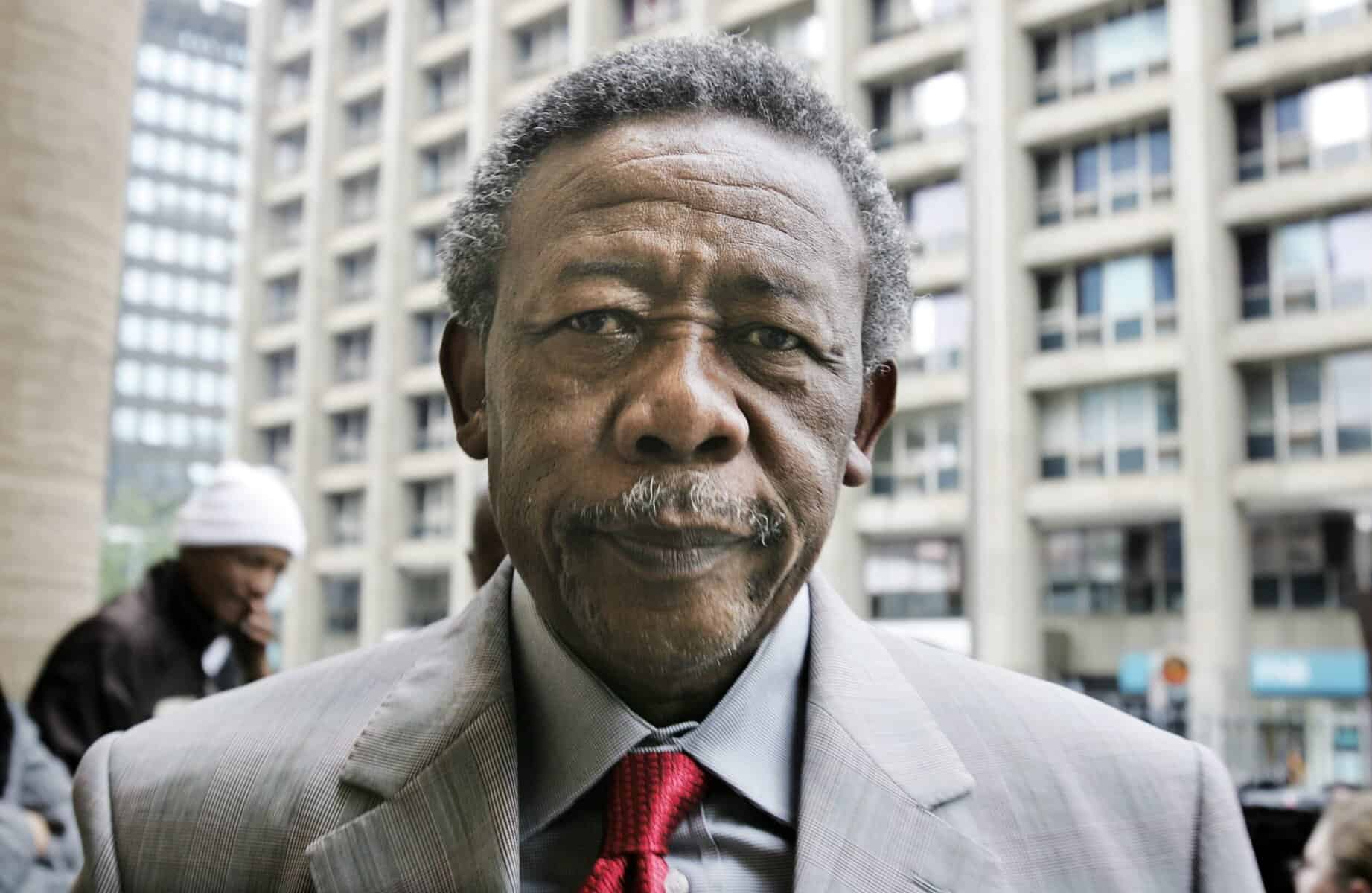Years of politicised leadership in Saps and the NPA have led to a crisis of competence and public trust, a new study says.

South Africa’s law enforcement and criminal justice systems are a mess because the people running them are either corrupt, incompetent, or leave under a cloud because of political plotting, say experts.
The instability at the top then permeates down to the lower levels of both the police and prosecuting authorities, leading to the gradual collapse SA is witnessing at the moment, they said.
Frequent turnover of top leadership
Both the South African Police Service (Saps) and the National Prosecuting Authority (NPA) have seen their organisational and political heads come and go with depressing regularity, often under a cloud.
Six police leaders and six heads of the NPA have either left in extraordinary circumstances or are under the performance microscope.
Merit-based appointments seen as remedy
The way to stop this steady decline and deal effectively with the crime tsunami engulfing SA is to only appoint competent people who are not politically connected as leaders, said experts.
This was in reaction to a recent report from the FW De Klerk Foundation that detailed and analysed the comings and goings at the top of the criminal justice system.
Christo van der Rheede, executive director of the foundation, said: “Leaders must be employed on merit, thorough screening, all the necessary background checks and competency tests and should have extensive background and experience in the respective legal or law enforcement field.”
Report urges legislative reform
The report further says a core problem is that senior positions were often awarded on political grounds.
“The constitution envisages appointments on competency (Section 196), but this has not consistently happened.
“We recommend that clear, transparent criteria be legislated for appointments to the NPA, Saps and related bodies.
ALSO READ: SA cannot have a weak NPA that cannot do its job – Zondo
“Candidates should be vetted by independent panels (for example, joint panels of judicial officers, civil society representatives and professional associations) before the president.”
Accountability failures and integrity gaps
Ian Cameron, national assembly chair of the portfolio committee on police, said the situation indicated the lack of integrity management and accountability in South Africa’s criminal justice leadership.
The pattern showed the systemic weaknesses in appointing, vetting and managing the senior leaders have never been addressed, Cameron said.
“Successive governments have failed to prioritise merit and independence over political expediency, resulting in compromised institutions led by compromised individuals.
“It also reflects a broader culture of impunity, where wrongdoing at senior levels is rarely met with real consequence.”
Cameron said the first step in averting a similar crisis in future was to depoliticise the appointments through a more transparent and rigorous process.
Callls for lifestyle audits and depoliticisation of appointments
Parliament had repeatedly called for an independent panel to vet candidates for police national commissioner, NPA head and Hawks leadership, based on clear criteria of integrity, experience, independence and competence, he said.
“All senior leaders in Saps, NPA, Ipid [Independent Police Investigative Directorate] and Hawks should undergo regular lifestyle audits, skills audits and vetting by independent bodies.
“We must strengthen the mandate and resources of oversight bodies, like Ipid and parliament itself.”
Senior politician and former standing committee of public accounts chair in parliament Themba Godi said leaders failed either because they were set up for failure, or were corrupt.
ALSO READ: Zondo: SA’s system gives ‘party bosses too much power’ to control MPs
Some of the leaders were tempted because of the love of fancy lifestyles and using their powers to make quick cash, thinking they were invincible because of their positions, he said.
Political analyst Ntsikelelo Breakfast said corruption could be reduced if President Cyril Ramaphosa introduced lifestyle audits.
“When he came to power, he promised to introduce lifestyle audits, but now he is not saying anything about it,” said Breakfast.
Glynnis Breytenbach, DA spokesperson on justice and constitutional development and alternate member on correctional services, said the criminal justice system as a whole needs to be rebuilt and recapacitated.
“This will require significant financial resources and political will, neither of which has been in abundant supply in any administration,” said Breytenbach.
“To achieve success, it would be essential to properly resource the courts and the judiciary. There is no short cut to achieving this goal.”
Saps national commissioners failed to complete terms
Witness Maluleke, a senior criminologist at the University of Limpopo, said Saps’ leadership power struggle as one of the executive organs of the state was a worrying factor.
“The majority of the Saps national commissioners failed to complete their terms due to criminality, macro-managing practices, political influence, power dynamics and corruption,” he said.
Rising crimes rates, he said, had dented public confidence in the police. Police and Prisons Civil Rights Union spokesperson Richard Mamabolo said not all police commissioners failed to finish their terms due to corruption allegations.
“The first democratically appointed national police commissioner, George Fivaz, completed his term in office. But many of his successors have not seen their terms through,” he said.
To address the problem it was essential to depoliticise senior appointments in law enforcement agencies.
ALSO READ: Ramaphosa suspends Gauteng prosecuting head Andrew Chauke
Former heads of SA’s law enforcement agencies who faced scandals:

National Prosecuting Authority (NPA)
- Bulelani Ngcuka was appointed as the first leader of the National Director of Public Prosecutions in 1998, and he became the NPA leader in 1999. In 2004, Ngcuka had resigned while he was supposed to deal with the corruption case involving former president Jacob Zuma. When announcing his resignation on national TV, he said Zuma’s case was unwinnable, but he did not elaborate. His resignation came after the announcement that he was investigating the then deputy president’s involvement in the multi-billion-rand arms deal.
- Vusi Pikoli was appointed in 2005 and was suspended and later removed following the investigation of the former national police commissioner Jackie Selebi. Pikoli’s legal team said he was suspended and fired because of political interference. His legal team said the top governmental officials wanted him to stop investigating corruption charges against Selebi.
- Menzi Simelane’s appointment lasted from 2009 until 2019. His employment was invalidated by the Constitutional Court after it found him not fit to lead the NPA. He was also stripped of his membership of the Johannesburg Bar. His problems started when the DA opposed his employment because his appointment was irrational and not fit for the job. He was accused of lying under oath during the Ginwala Inquiry.
- Mxolisi Nxasana took over in 2013, and resigned in 2015, following corruption allegations, and he was given a R17 million golden handshake. Later, the court ruled Nxasana must pay back the money that he received as a settlement from the NPA.
- Shaun Abrahams was appointed in 2013. His appointment was invalidated by the court in 2018. The Constitutional Court ruled his appointment came as a result of an unconstitutional “abuse of power” by Zuma.
- Shamila Batohi is the current leader who took over the reins in 2019. She is under fire after the NPA has been recently accused of ineptitude in dealing with high-profile cases, following a string of losses in recent high-profile cases by the NPA. She recently surprised many after saying the NPA had been infiltrated by dishonest prosecutors working with criminals to deliberately bungle cases.
ALSO READ: MPs asked to recuse themselves from Mkhwanazi police corruption allegations probe

SA Service (Saps)
- The late General Jackie Selebi was appointed in 2000 until 2008, when he was convicted of corruption and removed from office. He was sentenced to 15 years’ imprisonment.
- General Bheki Cele led the Saps in 2009 until 2011 when he was suspended by Zuma after the Public Protector found his lease agreements improper and unlawful. A Board of Inquiry concluded that Cele’s conduct as accounting officer was “unlawful” and “fatally flawed”, leading to his dismissal. Major-General Nhlanhla Mkhwanazi became acting commissioner in late 2011.
- General Riah Phiyega (2012-2015) – the first female commissioner – was suspended in mid-2015, after a commission of inquiry into the Marikana massacre criticised her leadership. She left office under suspension.
- General Khomotso Phahlane (acting 2015-2017) was charged in 2017, with fraud and corruption related to a bogus investigation docket and was dismissed.
- General Lesetja Mothiba (acting 2017) held office for only a few months. He was not being removed from office, but he retired from the police after serving for a long time.
- General Khehla Sitole is the longest-serving police commissioner after serving from 2017 to 2022. He left six months before completing his five-year employment contract. President Cyril Ramaphosa did not renew his contract.
- Current national police commissioner Fannie Masemola (since 2022) is operating amid controversy, as there are allegations that he played a role in irregular property acquisitions linked to the Crime Intelligence division. According to reports, more than R120 million was spent on acquiring the properties in question.

NOW READ: Concerns that Mchunu’s influence still strong despite special leave






